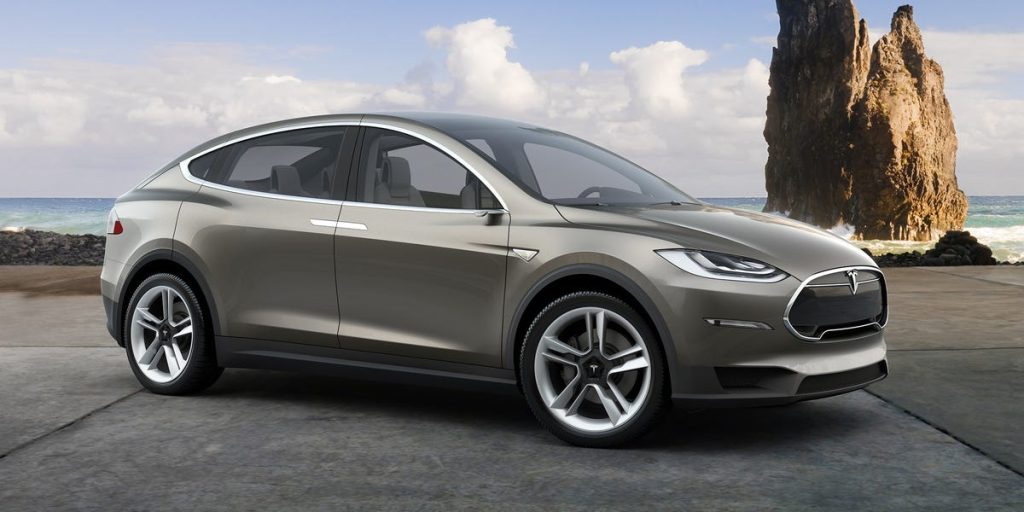A few months ago, a client of mine asked me an interesting hypothetical question. He’s eyeing the highly anticipated new Tesla Model 3, which will be released next year, and wonders if his business can buy the vehicle and use it as a marketing expense (assuming it includes commercials). His goal is to enjoy the experience of driving the vehicle, but also to get any kind of tax deduction. The answer is below.
Is there a business that can turn off the car used in advertising?
First, let’s step back and discuss some of the background of our friends at the Internal Revenue Service (IRS). In 2010, the IRS took a dental practice to court after noting that it was reported as fully using a car as a deduction because of an advertisement. The final ruling ruled that dental clinics could not deduct 100 per cent of car expenses just because of the advertisement of the vehicle. Dental clinics are not in the vehicle advertising business, and frankly, by any means, this is not the style of advertising you often see from dental clinics. The cost of them adding advertisements to the vehicle may be allowable, but not the value of the entire vehicle.
Especially for business purposes, you need to consider the purpose of the vehicle. Are you traveling to the customer’s location, transporting supplies, or need to use other equipment? Buying a vehicle (only) to wrap an ad may not fly. According to the IRS, placing exhibits that promote your business in your vehicle does not change your vehicle’s use from personal use to commercial use. When using a car for commuting, etc. Even for personal use, the cost cannot be deducted.
Is it a luxury car?
Next up is the luxury car talk. Most cars, including trucks or vans, meet the IRS definition of a “luxury vehicle,” regardless of their cost. A vehicle is considered a “luxury vehicle” if it is four-wheeled, used primarily on public roads, and does not exceed 6,000 gross unladed Tesla Model X Gross Vehicle Weight. The type of car you choose should obviously benefit your business. Unless you can prove that your business needs a luxury sports car, buying a Corvette with company money can be a danger signal to the IRS auditor. If you can prove that an exotic luxury car is needed for your business, there are several ways to do it. For example, if your car is used as part of a training program to drive or maintain an exotic car, or if you own an exotic car rental company, you will have the opportunity to receive a full deduction. When it comes to canceling the full amount of a car for basic transportation, it’s almost impossible.
Does it make financial sense?
Finally, does it make economic sense to consider buying a vehicle? If you have legitimate commercial use of your new car, you must consider which type of vehicle is most beneficial. IRS Code Section 179 for Tesla Model X can help you save on taxes, especially when you buy certain types of vehicles. For the year 2017, Section 179 allows you to spend $ 11,160 on a small car and $ 25,000 for a car over 6,000 pounds.
There are some restrictions:
The vehicle must be used more than 50% of the time for commercial purposes;
- The vehicle must be a newly purchased business, not property;
- Vehicles may not be used to transport people or property for rental;
- You cannot deduct more than your net business income for the year. For example, if your net income is $20,000, you cannot use the $25,000 deduction to incur a tax loss for the year.
- Some states also have limitations and additional limitations on Section 179 deductions, so be sure to discuss any state-specific limitations with your tax advisor.
- In short, this hypothetical example doesn’t seem to work against my client. I’m not saying they can’t benefit in some way, but they probably can’t just buy a Tesla, wrap it in a commercial, and deduct 100%.

